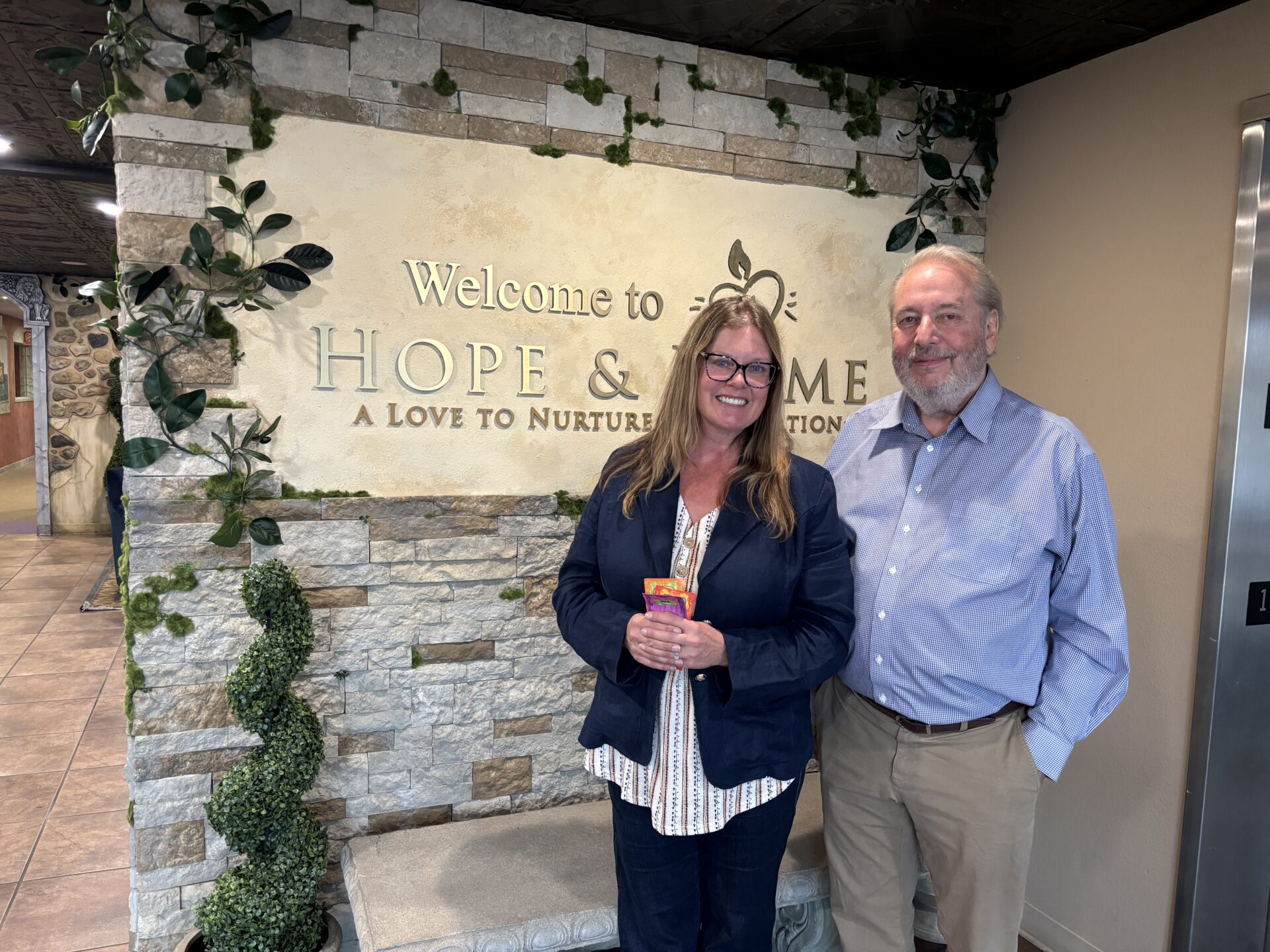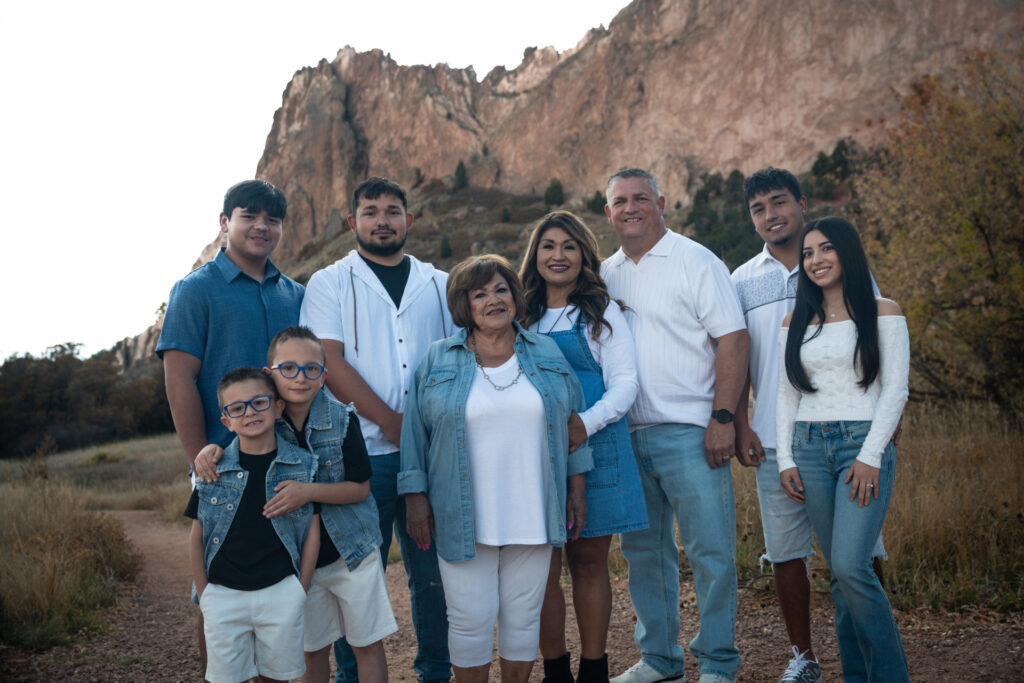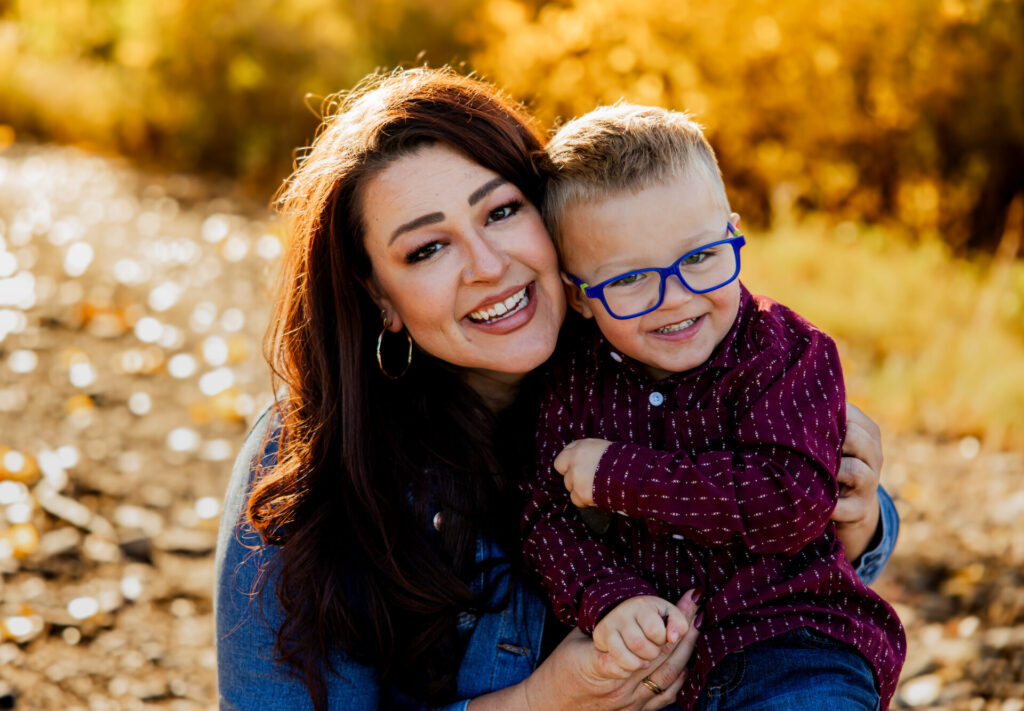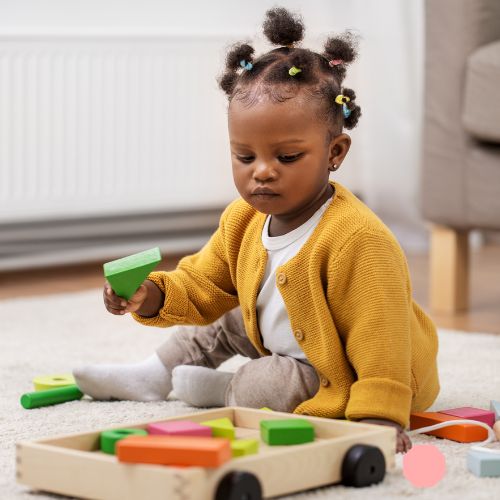Hope and Home Expands Services to All Foster and Kinship Families

Over a year ago, Hope and Home, one of the larger child placement agencies in the state, opened up their programming to all foster, adoptive and kin families in the state. From establishing their first Education, Community and Outreach (ECO) Center in Colorado Springs 20 years ago; they now have ECO centers in Denver, Delta, Alamosa, and Pueblo, and are currently building a center in Greeley with hope to expand to 10 centers across the state. When families enroll in Hope and Home’s support groups they get access to all of their wraparound services.
“On the surface, the name is ECO, education, community, and outreach, but beneath the surface are the five essentials. We’re trying to help families have these five components. We want them to have a stronger sense of purpose of what they’re doing. We want to help them develop in terms of being flexible as well as being nurturing. We want them to have reasonable expectations, and we want them to be part of a community,” said Director Ross Wright about the organization’s goals for the families they serve.
The ECO centers feature an imaginative childcare program where children and teens can enjoy themselves while the adults take advantage of support groups and other services. The Colorado Springs center has amenities like a teen-run coffee bar, a tea room, video game rooms, a theater, art rooms, and clothing boutiques where kids and families can shop for new and gently used clothing, school supplies and other items. They even have a gelateria where kids can play bingo for Hope and Home currency called Zoondoogles that they can later spend at the Zoondoogle factory. The other ECO centers are smaller but feature many of the same amenities on a smaller scale.
“We have 26 monthly support groups, and then on top of that, we have several events and activities that we do every single year. And this is the C, the community side of it. As you can imagine, this is all fun, but the real purpose is to develop a sense of community that gives people, peers and friends that are in the industry, it gives kids in foster care the chance to work alongside and hang out with other kids that know what they’re going through,” said Ross.
Hope and Home hosts several annual events that are open to all foster, kinship and adoptive families throughout the year. Events like the annual “Bell of the Ball” tea party at the Broadmoor in Colorado Springs give kids the opportunity to dress up for a special occasion. This year’s event was attended by more than150 kids. Another fun event are the Teddy Bear Clinics where kids bring their teddy bears to a pretend hospital for real medical professionals perform procedures on the bears. While entertaining, these clinics help desensitize children’s fears around health care. They also do summer fun activities like drive-in movies. In Denver, the staff works with Rockies Wives to provide prom dresses and customized jerseys to teen girls and host them at a Rockies game. Additionally, Hope and Home has a large toy drive at the end of every year for families to shop for all the kids in their home.
Later this year, they plan to expand the Bell of the Ball event into Larimer County. “They get totally dressed up and we send each child a super fancy invitation. It’s almost like a wedding invitation, but it’s to high tea, and it has their name on it, personally handwritten, and then it’s stamped on the back with wax. And so when I say it has therapeutic value, it gives our parents and kids something to share, sharing excitement, getting ready, sharing dress shopping. It creates a shared joyful experience for a parent and child,” said Hope and Home Clinical Director Jacque Thurman of the Bell of the Ball event.
The education piece of Hope and Homes’s ECO model includes free on-demand interactive online training through a platform called Davinci that has hundreds of trainings that foster, adoptive and kinship families can access. They also host in-person educational outreach conferences.
“We do education through a methodology called Love to Nurture. It’s proprietary to Hope and Home but we make it available to anybody who’s interested in it. Love to Nurture is based on the book Kids in Crisis I wrote. The idea is it’s a nurture-based parenting program,” said Ross.
The outreach part of the ECO philosophy consists of wraparound services from four staff members who are there to support each family. In addition to a home supervisor, which all families have through their certifying agency, Hope and Home has family care coordinators, support group leaders and hope workers who help support the families. All families who participate in support groups have access to hope workers, who get to know the families and help meet their practical needs in the form of meals, or goods like beds and diapers.
“We want to see kids treated truly special. And we don’t want it to be just the Hope and Home kids. We want it to be all kids. So we want every kinship and foster kid to have that sense of being truly special and having a higher level experience than has been typical of foster care. And so we got into this with the idea of changing foster care, and it’s not enough to change it just for the kids that come our way. We want to change it for everybody in foster care,” said Ross of why Hope and Hope wanted to open up their services to all foster and kinship families.
If you’d like to learn more about partnering with Hope & Home and accessing their services, please email their Chief of Staff at gmilne@hopeandhome.org.
More Posts







